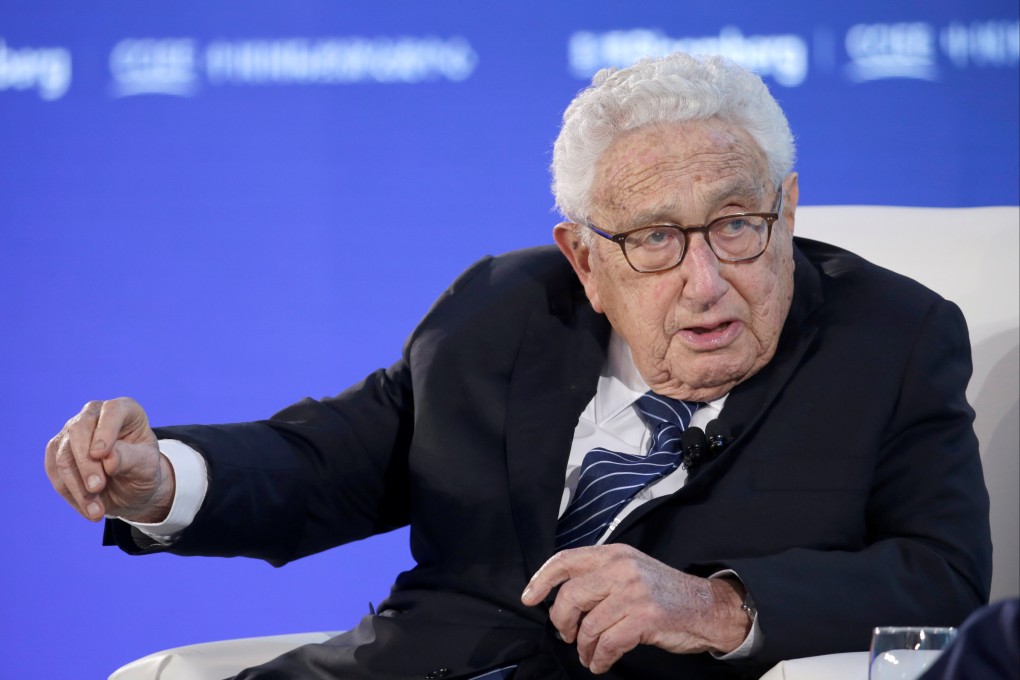My Take | Henry Kissinger sees ray of hope on the China-US front
- The veteran American diplomat believes tensions between the two countries may be easing and recent statements by both sides support his view

Could tensions between China and the United States be easing? Henry Kissinger thinks so. There have certainly been signs that both sides may be pulling back, as they must realise there is nothing to gain and much to lose in any armed conflict, however limited.
That may be so, but the US tech and economic war against China will continue, perhaps even intensify.
Recently, the US state and defence departments have toned down quite a bit. In an interview on CNN’s Fareed Zakaria GPS last week, US Secretary of Defence Lloyd Austin said while commenting on Taiwan: “I don’t see an imminent invasion.”
He said he had met Defence Minister General Wei Fenghe and hoped to reopen communication channels between the two militaries that were shut down by Beijing as a protest against US House Speaker Nancy Pelosi’s controversial visit to Taipei in August.
Early last week, State Department spokesman Ned Price was asked at a news conference whether Washington’s one-China policy supported the claim that “Taiwan is part of China and that the US respects Chinese territorial integrity and sovereignty over Taiwan”.
Price gave the most uncontroversial answer possible that surely even Beijing couldn’t find fault with. “[The US] does not take a position on sovereignty,” he said, adding that the US’ one-China policy had not changed and had been at the crux of Washington’s approach to Taiwan since 1979, when the US’ Taiwan Relations Act came into effect.
